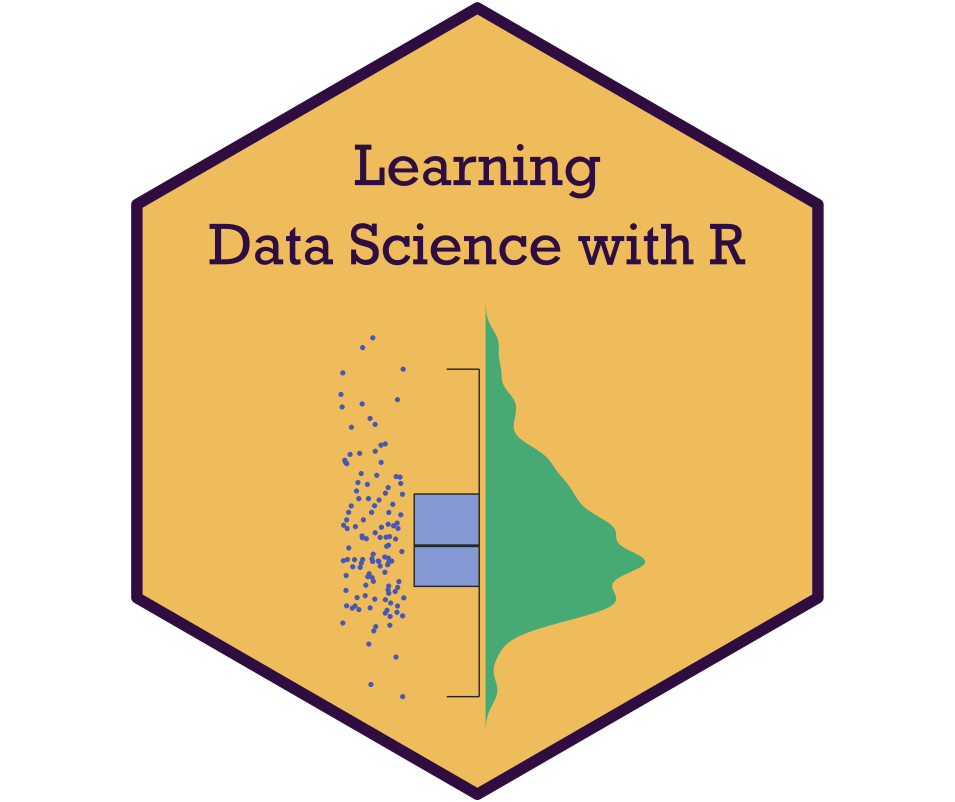Introduction
Learning Data Science with R is a book that aims to develop psychology students’ research skills relying on three main themes: Open Science, digital literacy, and science communication.
The book covers Open Science principles, an introduction to R programming and data wrangling, descriptive statistics and data visualization, categorical data analysis, general and generalized linear models, and an introduction to psychometrics using R—a free software environment for statistical computing and graphics. Each chapter promotes the use of Open Science best practices to favor reproducibility and transparency at different stages of research data management process, along with learning key digital literacy skills and science communication competencies.
Upon successful completion of this book, students should be able to:
- Recognize, explain, and apply Open Science best practices following the 2016 Concordat on Open Research Data and the UK Reproducibility Network guidelines.
- Identify and describe the appropriate analytical procedures required to answer research questions related to categorical data analysis, general and generalized linear models, and some psychometric models.
- Apply R to organize and tidy the data, to model the data, and to generate appropriate data visualizations.
- Inspect and appraise the outputs generated with R to produce with Rmarkdown a reproducible research report that will communicate the results relying on the principles of transparency and reproducibility in science.
